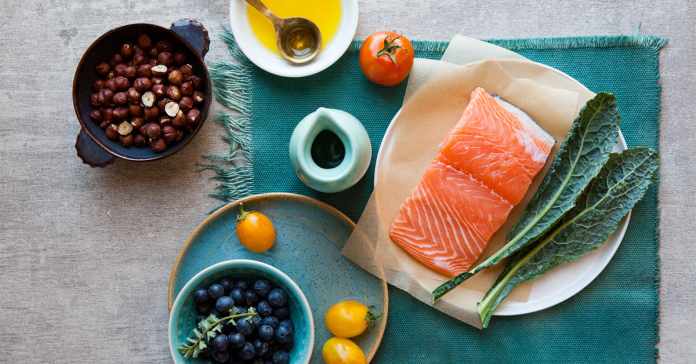The food you consume contributes significantly to your mental and physical health. One of the most important things you can embrace to boost your health is eating a healthy, balanced diet. A significant portion of cases of premature heart disease can be traced to poor life choices, including unhealthy diets and lack of physical activity.
By consuming a healthy diet, you can lower the chances of developing many cardiovascular diseases. After all, besides improving your cholesterol levels, a healthy diet will manage your blood pressure, as well as your sugar level. With this in mind, you should acquaint yourself with how to eat healthily. To lend you a hand, this guide will explain more about this.
Table of Contents
What Should A Healthy Diet Contain?
Generally, you should choose more plant-based diets than ultra-processed foods. A healthy diet should contain the following:
Consuming lots of vegetables and fruit
This represents an essential diet habit. After all, vegetables and fruits contain essential nutrients, including vitamins, fiber, and minerals. While many can successfully achieve weight loss by combining weight loss gummies with their routine exercise, eating fruits and veggies can help you maintain a healthy weight. Half your plate should be filled with vegetables for every meal.
Stay away from ultra-processed foods
Ultra-processed foods have been changed from their original, natural food source by the addition of various chemical ingredients. During their processing, important nutrients, which the body needs, have been removed while sugar and salts are added to them. Some highly-processed fast foods include frozen pizzas, white rice, fast foods, cookies, white bread, white rice, and chips. While some minimally processed foods are okay to consume since they have only undergone a slight change in certain ways, it is not safe to consume them in excess. Some of these include eggs, bagged salad, cheese, brown rice, milk, and flour.
Embracing whole grain foods
These include brown rice, hulled barley, and oatmeal. These foods are packed with protein, fiber, and vitamin B, which can help you stay healthy while maintaining a good weight. Rather than processed foods, you can choose whole grains. It should be noted that whole grains can lower the risk of low-density lipoprotein (or bad cholesterol) while also maintaining your insulin levels. A quarter of your plate should be filled with whole-grain foods.
Consume more protein foods
Examples of protein foods are fish, fortified soy, shellfish, lower fat milk, legumes, nuts, seeds, tofu, lower fat kefir, beverage, eggs, poultry, lean red meats, lower fat milk, lower fat yogurts, cheeses lower in fat and sodium. With the help of protein, you can build up your muscles and bones. Besides this, achieving good skin health is possible by including protein in your diet. Eat two – or more – servings of fish every week, and opt for plant-based foods more often. About a quarter of your plate should be filled with protein.
Drink a sufficient quantity of water
Water is essential for your health and it facilitates hydration without necessarily adding more calories to your diet. There is a lot of sugar present in certain drinks including fruit drinks, energy drinks, 100% fruit juice, flavored coffees, and soft drinks. In addition, these drinks have little nutritional value and they contribute to weight gain.
Conclusion
The importance of good nutrition for health cannot be ignored. The chances of gaining or losing weight are significantly influenced by what we eat. Indeed, a bad eating habit can render routine exercise useless. As a result, knowing how to sustain healthy eating is essential. Generally, you should try to consume more plant-based diets than ultra-processed foods.












